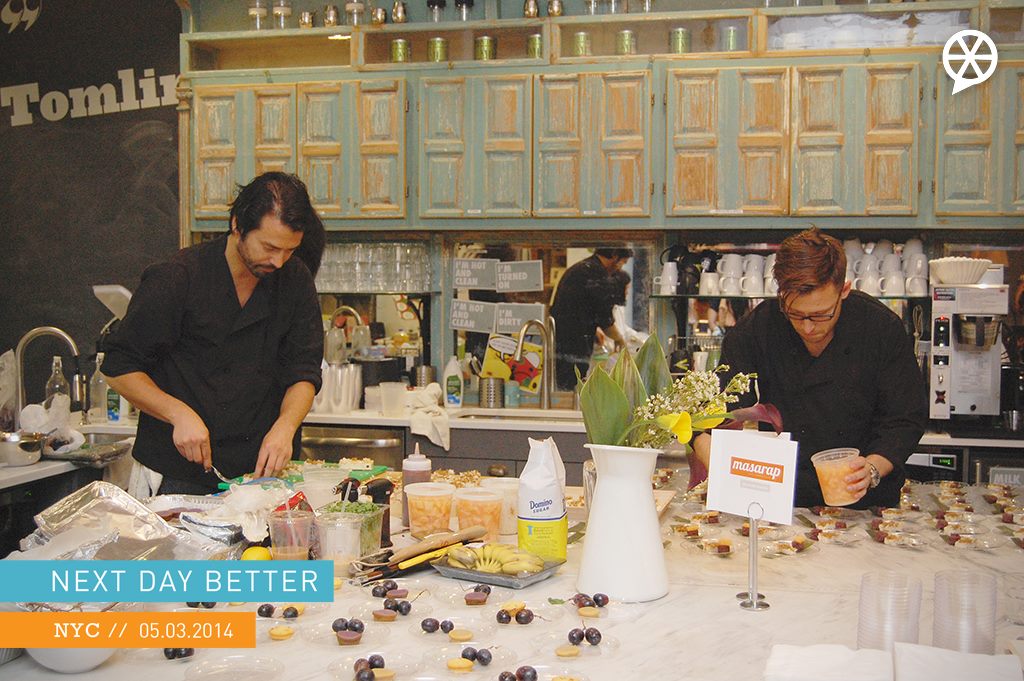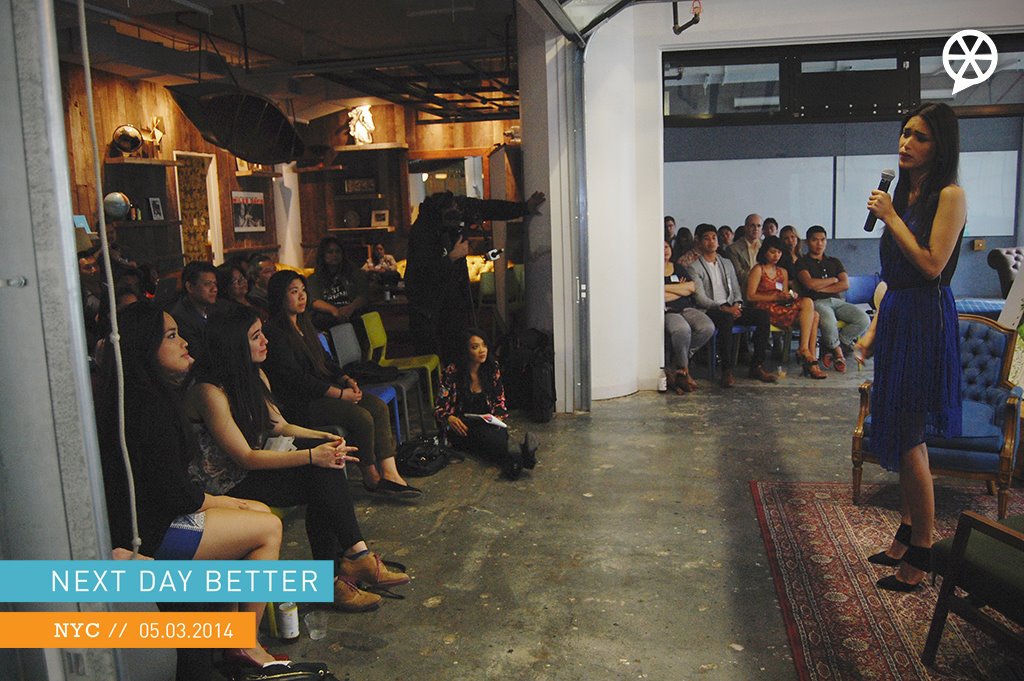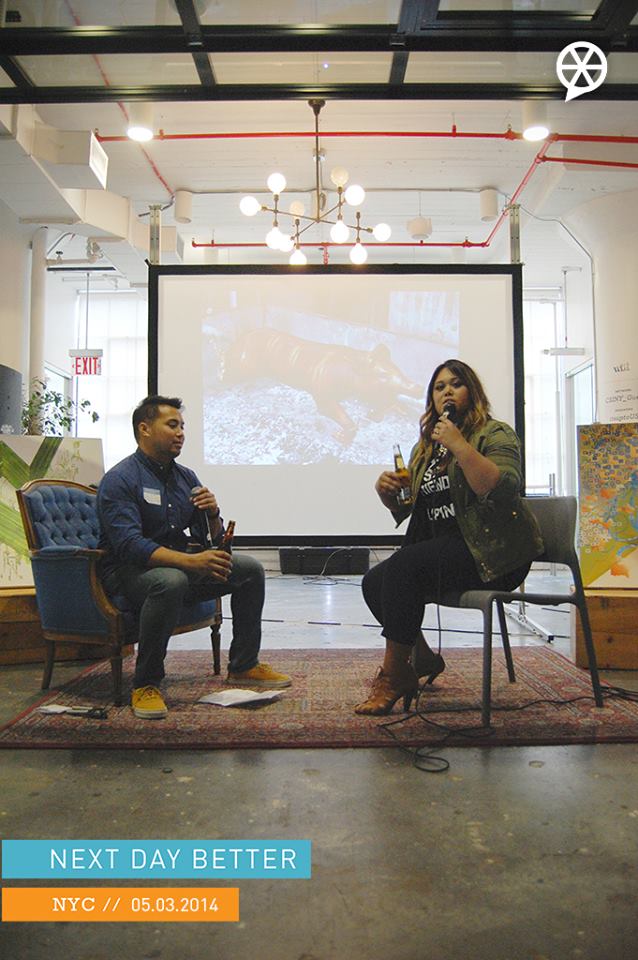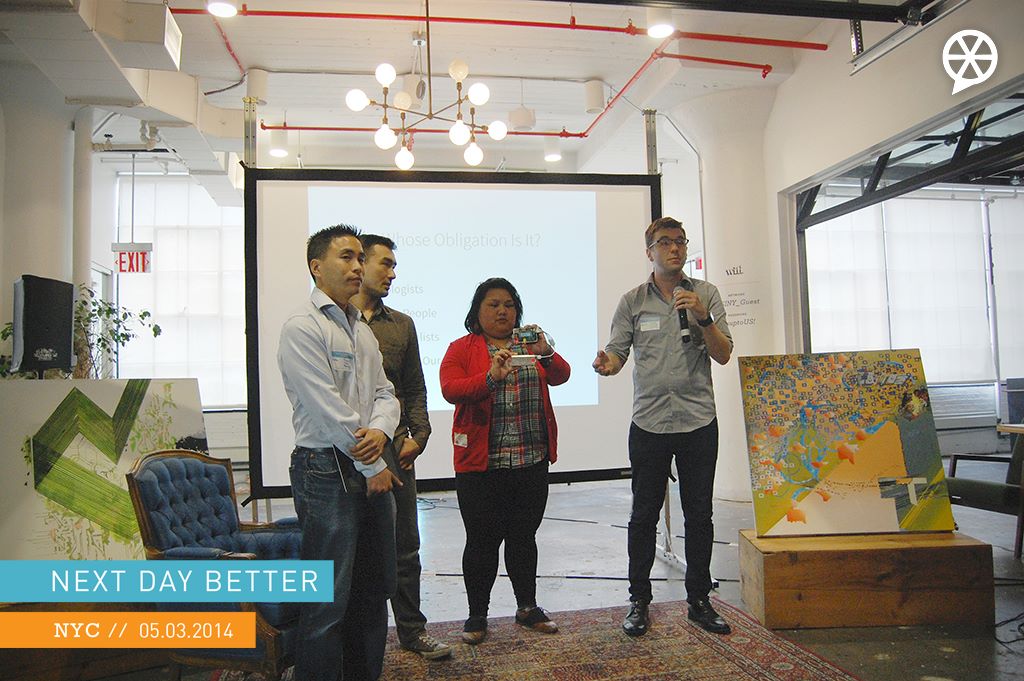Our fourth annual UniPro Summit took place this past Saturday, May 31st. Ryan Letada, Chief Builder of NextDayBetter and the moderator of our Typhoon Response Panel at Summit, had the opportunity to speak to retired Major General Antonio M. Taguba, our Closing Keynote Speaker. I saw Ryan's original social media post about the encounter and knew I had to share his story here.
By Ryan Letada, guest contributor
I absolutely admire Major General Antonio M. Taguba, US Army Retired. You can probably notice how nervous I was in this conversation. I don't usually write confessionals but I thought this was worth it.
At the Pilipino American Unity for Progress (UniPro) Summit, I pulled General Taguba aside and asked him a question:
"You commanded army battalions - thousands of men and women. Your leadership decisions are matters of life and death. I think it takes strong commitment to VISION to lead in such circumstance. Do you ever get scared of your vision?"
He was incredibly vulnerable in his response. Without hesitation, he talked about being scared. He talked about the six (6) people that died under his leadership. He talked about the importance of failing and accepting our own humanity. He started to talk about persistence and clarity in vision... but our conversation was interrupted by the throngs of people waiting to speak to him. Too bad.
Major General Taguba is an elder. I've been told that many adults don't graduate to "elderhood" - a concept not simply linked to age. Elderhood is about reaching a stage in life when you have absorbed and applied wisdom, and learned that your role is to "give it forward" as gifts.
My vision for my life or NextDayBetter scares me a lot. I'm not perfect. In fact, this weekend I made mistakes and failed. General Taguba's words was a reminder to accept our human imperfections, and aspire to learn and grow so that we may eventually reach - if we're lucky enough - the stage of elderhood.
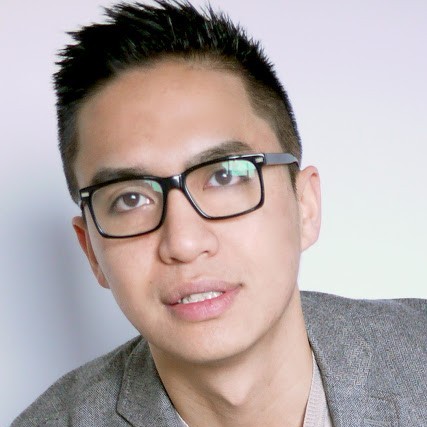
Ryan Letada is CEO and Chief Builder of NextDayBetter - a culture platform that builds and activates diaspora communities to create a better future. He is also a foodie, Fulbright Fellow, and social innovation junkie.
Photo credit: Lambert Parong





